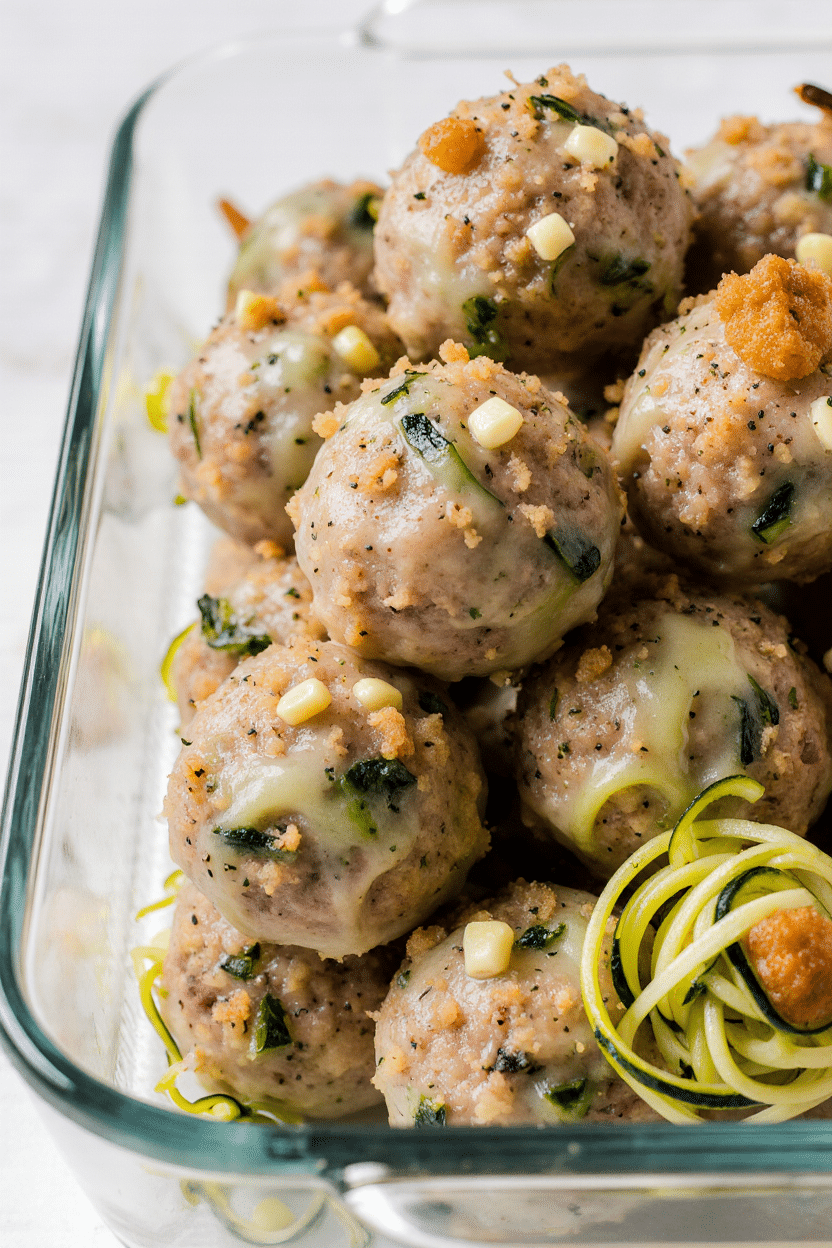These Zucchini Turkey Meatballs are a simple, nutritious recipe perfect for baby led weaning. Packed with protein, iron, and hidden veggies, they’re soft, easy to chew, and freezer-friendly. Made in just 5 minutes of prep, they’re a lifesaver for busy parents needing a quick and healthy meal option for little ones.
Full Recipe:
Ingredients:
-
1 lb ground turkey (93% lean)
-
½ cup baby oatmeal (e.g., Beech-Nut brand)
-
2 small zucchini (or 1 large)
-
1 small onion
-
1 egg
-
1 tbsp seasoning of choice (e.g., Italian seasoning)
-
Cooking spray
Directions:
-
Preheat the oven to 350°F (175°C).
-
Shred zucchini and onion into a bowl lined with cheesecloth or a clean kitchen towel.
-
Squeeze out as much excess moisture as possible. Return the vegetables to the bowl.
-
Add turkey, baby oatmeal, egg, and seasoning. Mix until well combined.
-
Use a cookie scoop or tablespoon to portion the mixture (about 2 tbsp per meatball), and roll into balls.
-
Place the meatballs on a greased cookie sheet.
-
Bake for 20–25 minutes or until internal temperature reaches 165°F (74°C).
-
Let cool before serving or freeze for later use.
Nutrients:
(Estimated per meatball, makes 12 total)
-
Calories: ~90 kcal
-
Protein: ~8g
-
Carbohydrates: ~4g
-
Fat: ~4g
-
Iron: High (from turkey and oatmeal)
-
Fiber: ~1g

